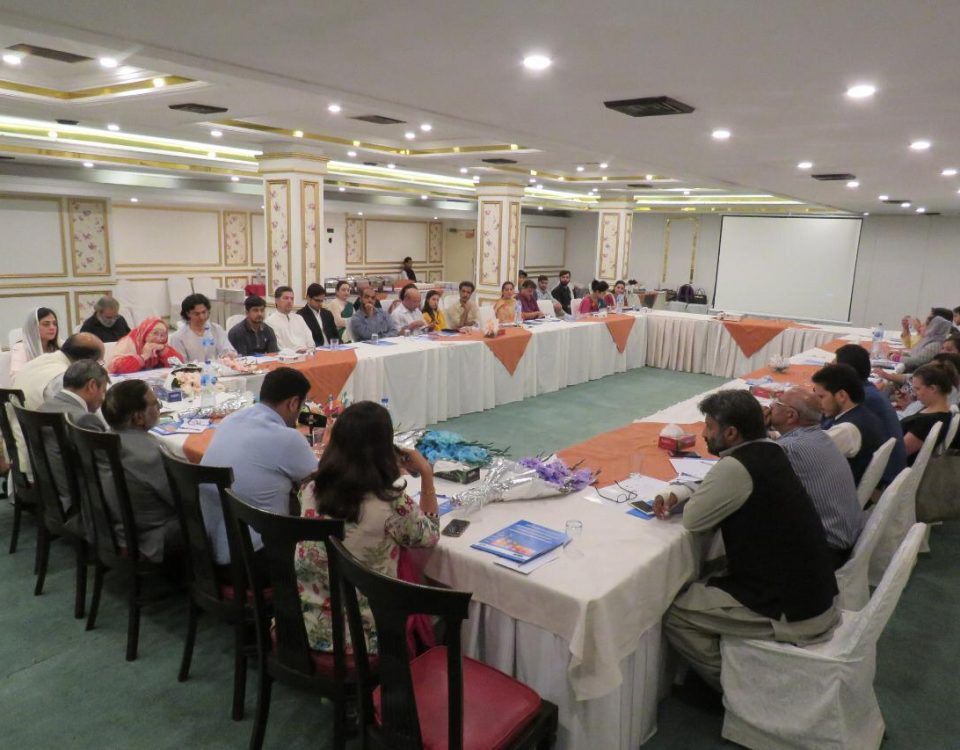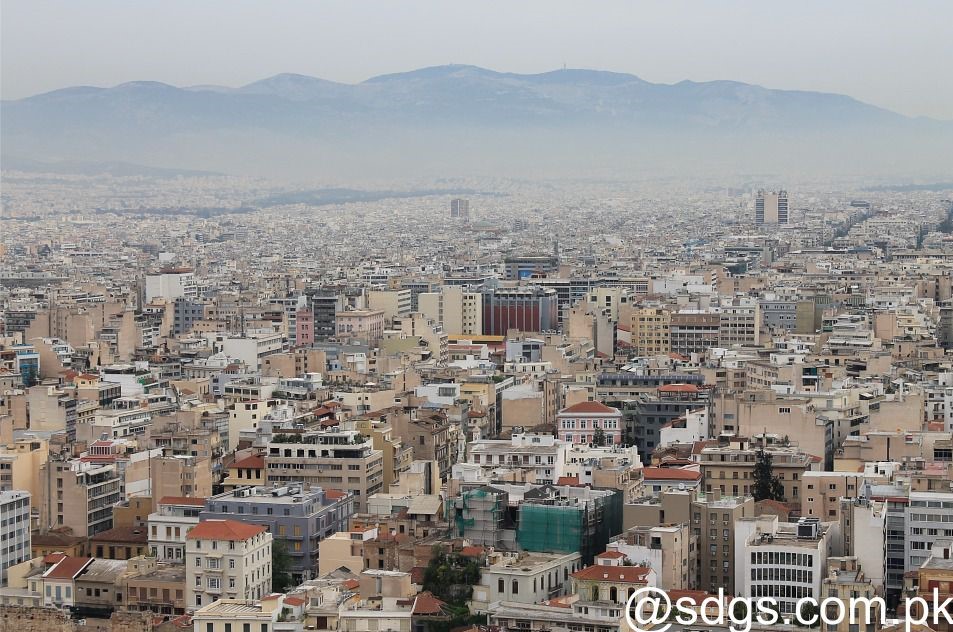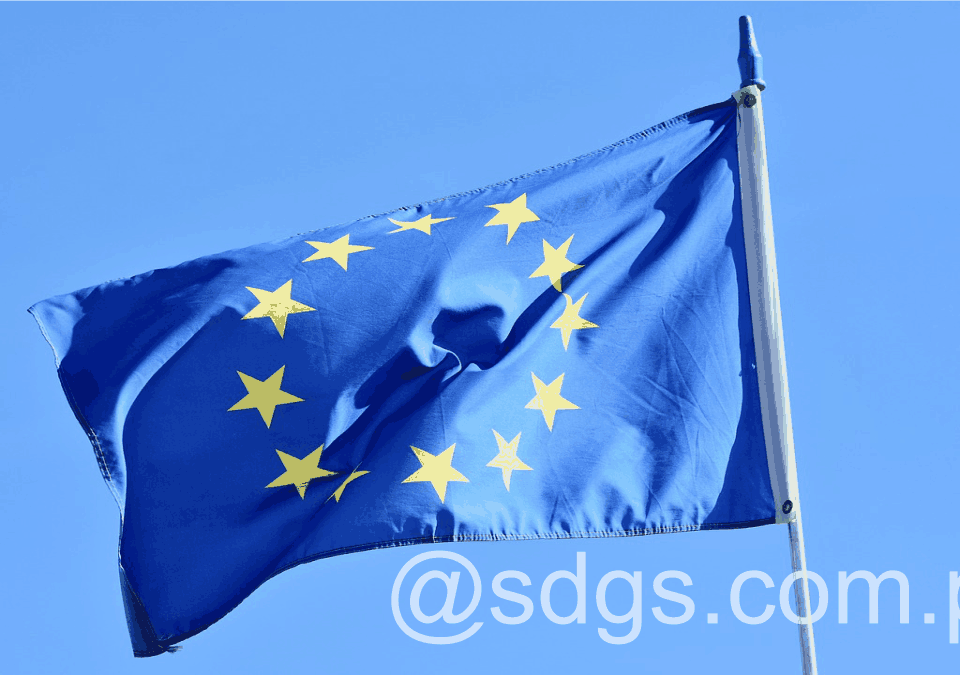
Assessment Report of 2018 SDG National Reviews
February 2, 2019
Seminar on SDGs – The Role of NGOs
March 6, 2019The United Nations Economic and Social Commission for Western Asia (ESCWA) published a study on digital technologies for development, which includes recommendations for harnessing these technologies for social, economic and human development. The report considers digital technologies in accordance with the 2030 Agenda for Sustainable Development and the ten-year review of the World Summit on the Information Society.
The report entitled ‘Arab Horizon 2030 Digital Technologies for Development’ focuses on seven policy areas relevant to digital technologies digital strategies; the information and communication technology (ICT) sector; ICT infrastructure; cyber security the digital divide electronic applications; and electronic government. The report considers the situations of the Arab countries within the context of these strategies, noting that most Arab countries have “stagnated or declined during the period 2010-2011 to 2016-2017” on the digital economy and innovation, including among the rich Arab countries.
The publication compares a business approach as usual with a “Horizon 2030” vision and policy changes in line with the 2030 Agenda. The 2030 horizon includes an Arab region in which all countries adopt comprehensive digital strategies that support a vision of long-term sustainable development and progress in the implementation of this vision.
The authors propose a “2030 Vision Plan” of policy recommendations to support the achievement of the SDGs. The strategy seeks to contribute to economic growth and well-being through a well-developed ICT sector and infrastructure and a reduction of the digital divide, resulting in a reduction of poverty and inequalities and the empowerment of women, among other results.
The report also cites the challenges faced by Arab countries with respect to each of the 17 SDGs, as described in the first Arab report on sustainable development published in 2015, and links to the potential of digital technologies. In SDG 1 (without poverty), for example, the report states that digital technologies can make communication more accessible and help multiply development opportunities for the poor and empower women and marginalized communities. The authors argue that the deployment of broadband can have an effect on the growth of gross domestic product (GDP), creating new markets, fostering innovation and supporting the conditions of economies of scale, thus contributing to job creation and reduction of poverty. In SDG 15, the report describes how digital technologies can support the conservation and sustainable use of terrestrial ecosystems through better monitoring and reporting, leading to greater accountability, and through the improvement of efficiencies in land restoration through the collection of data, analysis and sensors. In SDG 16 (Peace, Justice and Sound Institutions), the publication highlights the contribution of digital technologies to electoral monitoring, increasing transparency and empowering citizens.
Source: SDG Knowledge Hub.




